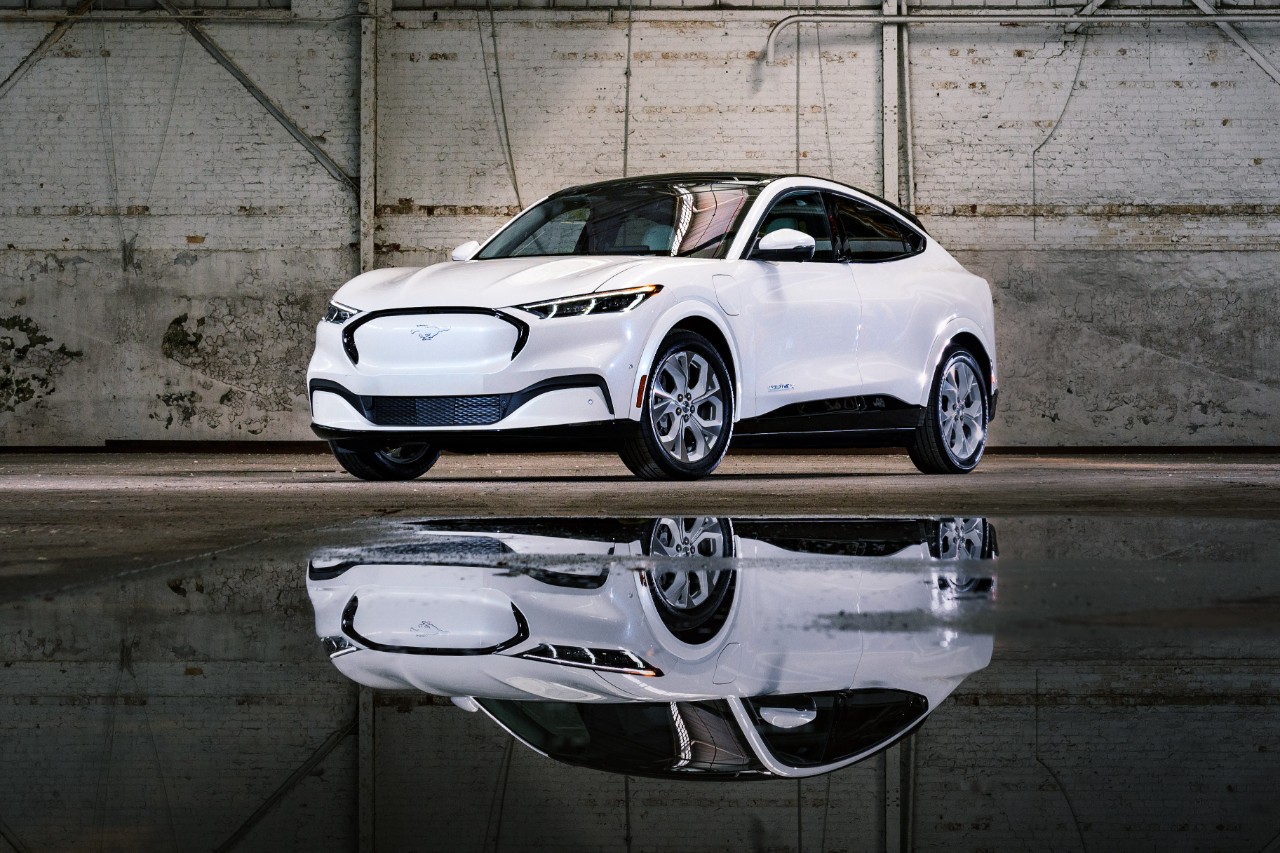It's easy for investors in Ford (F 0.72%) and General Motors (GM 3.46%), or other automakers, to brush off Hertz's (HTZ +0.00%) recent bankruptcy thinking it has no effect on the manufacturers. But that thinking could be wildly incorrect, and in fact Hertz's bankruptcy could actually cost Ford and General Motors billions of dollars. How can that possibly be, you ask? Let's dive into a possible Hertz bankruptcy outcome, what it could do to vehicle residual values, and how that could cripple the two automakers' financials.
A Hertz liquidation
It's been well documented that Hertz's financial struggles forced the company to file for bankruptcy protection. Making a long story short, Hertz gambled by financing its massive vehicle fleet, with the agreement that it would pay large sums of cash to the lenders if the values of those vehicles fell as they did during the COVID-19 pandemic. When residual vehicle values plummeted, Hertz wasn't able to pay its lenders the hefty cash sum to satisfy their agreement, and thus the company filed for bankruptcy protection.
Here's where things could get dangerous not only for Hertz investors, but for Ford and GM shareholders. One possible outcome of Hertz's bankruptcy is simply to liquidate some or all of its vehicle assets to help pay back part of its massive $19 billion debt pile. Currently, we can only speculate on how many vehicles it might negotiate to sell. But here's what we know -- flooding the used vehicle market with part or all of its vehicle fleet will put downward pressure on prices. And while investors might think the residual value of used cars shouldn't affect automotive manufacturers such as Ford and General Motors, you would be very wrong.

Image source: Getty Images.
A hugely profitable entity, until it isn't
Ford and General Motors have a trick up their sleeve with their highly profitable financial arms, Ford Credit and General Motors Financial (GMF). Let's use Ford Credit as an example of just how profitable the entity is, before explaining how Hertz's potential liquidation could cripple the automaker. Ford Credit generated $3 billion in pre-tax profits in 2019 -- more than Ford's South America, Europe, China, Asia Pacific, and Middle East and Africa operations combined. While Ford's lucrative North America region still powered its total automotive unit to a $4.9 billion pre-tax profit in 2019, Ford Credit's $3 billion mark helped haul in the big bucks.
Ford Credit makes a substantial amount of money from leasing vehicles and making loans to consumers. Here's the problem. When Ford Credit leases a vehicle to consumers, it must estimate the returning value of said vehicle. Generally Ford Credit does this and makes a fair profit, but when residual values of cars returning plummet unexpectedly, and Ford Credit can't resell the vehicle as profitably as it originally thought, Ford Credit takes a financial hit.
That's why an 11% drop in used vehicle prices during April sounded alarms for many Ford and General Motors investors. April's 11% drop was the most significant single-month drop in the history of the Manheim Used Vehicle Value Index, and the only comparable decline came at the end of 2008 as the country grappled with the Great Recession. Here's what the plunge in used car values did to Ford Credit in 2008.

Image source: Author. Data: Ford SEC filings.
Don't panic just yet
Now you can understand how plunging used vehicle values can indeed affect automotive manufacturers, and significantly so. Here's the good news: While April's 11% plunge in used vehicle value was massive, we saw a much-welcomed 9% jump in May, a quick recovery that not everybody expected to see. Through the first 15 days of June, compared to May, wholesale used vehicle prices increased 6.6%.
Vehicle values seem to be recovering quickly enough to not cripple automakers' financial arms, but that could change yet again if we see a second wave of COVID-19, or if Hertz floods the market with a chunk or all of its vehicle fleet, which could be hundreds of thousands of vehicles. Make no mistake, a Hertz implosion and possible liquidation could cripple automakers' pre-tax profit temporarily, possibly as badly as we saw in 2008. Only time will tell what happens with Hertz in bankruptcy, but it's a development investors need to be aware of.







